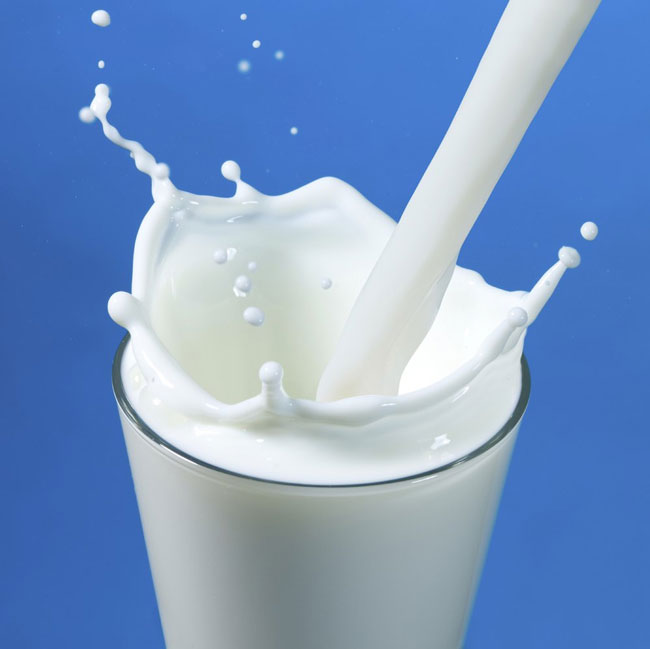Milk plays a crucial role in the overall development of children. That’s why parents often chase their little ones with a glass of milk, even if they resist drinking it. Milk is considered a complete food as it contains essential nutrients like calcium, protein, and vitamin D, which are vital for both physical and mental growth. Giving a glass of milk to children in the morning or before bedtime is a great habit. However, this habit can become harmful if certain wrong food items are consumed along with milk. Some food combinations with milk can negatively impact a child’s health. Let’s find out which foods should never be given to children with milk.
Avoid Spicy and Salty Snacks with Milk
Children often refuse to drink milk, and in an attempt to encourage them, parents sometimes offer their favorite snacks alongside or immediately after milk. However, this practice is not good for their health. Salty snacks like chips and crunchy namkeen should never be given with milk as they can cause dehydration. This combination can also make it difficult to digest milk. If children are regularly given such food combinations, they may develop digestive issues, including stomach and intestinal problems.
Avoid Citrus Fruits with Milk
Fruits like oranges and lemons should not be consumed with or immediately after milk. Citrus fruits are highly acidic, which causes the protein in milk to coagulate and curdle. This reaction makes milk difficult to digest, leading to digestive discomfort such as bloating, gas, and stomach cramps.
Avoid Grapes with Milk
Never make the mistake of giving grapes to children along with or soon after drinking milk. Even consuming grapes within an hour of drinking milk is not considered good for health. Grapes contain vitamin C and fruit acids, which react with milk proteins, causing them to curdle. This can lead to stomach pain and even diarrhea.
Avoid Watermelon and Melon with Milk
Children should never consume watermelon or muskmelon along with or immediately after drinking milk. Milk is rich in protein, and when combined with the acids present in these fruits, it can lead to protein binding. This increases the risk of milk curdling and fermenting in the stomach, which may cause stomach pain and other health issues. In some cases, it can even lead to illness.
By being mindful of these food combinations, parents can ensure that milk remains a beneficial part of their child’s diet without causing any digestive discomfort or health problems.




